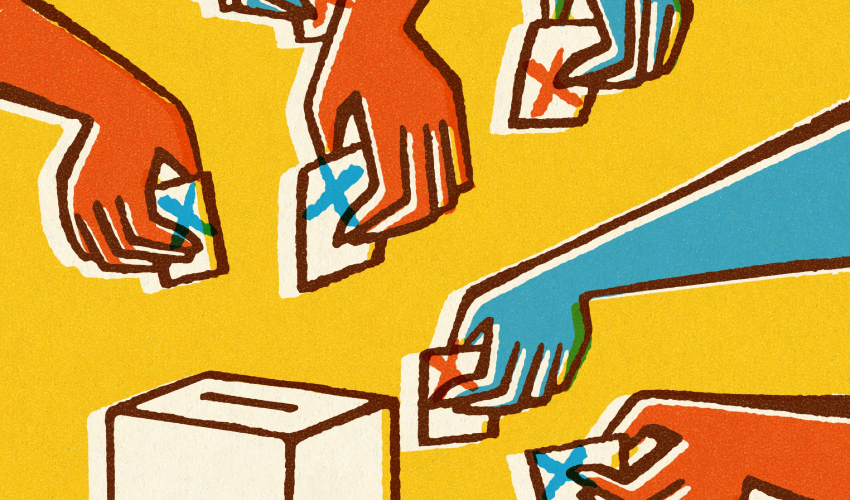
Why Extremist Parties Do Not Win Runoff Elections
GUIDO TABELLINI, MASSIMO BORDIGON AND TOMMASO NANNICINI EXPLORE THIS TOPIC BY STUDYING MUNICIPAL ELECTIONS AFTER 1993Under runoff elections the influence of extremist voters is smaller, reports a study co-authored by Massimo Bordignon, Tommaso Nannicini and Guido Tabellini. In Moderating Political Extremism: Single Round vs Runoff Elections under Plurality Rule, the authors analyze a model with four parties. In a single round election, moderate parties have to merge or to strike alliances with extremist parties in order to avoid defeat. In a dual ballot system, as the one used in the French presidential elections, moderate parties tend to run by themselves, if they are large enough. In the second vote they can attract extremist voters that are otherwise unrepresented. These parties are not incentivized to strike alliances and they are therefore able to implement more centrist policies.
To test the model, Bordignon, Nannicini and Tabellini focused on Italian municipal elections. Since 1993, municipalities above 15,000 inhabitants elect their mayor with a runoff system, while those below hold single round elections. “We compared municipalities right above and right below the threshold and we got results in line with our general predictions”, Tabellini says. “In smaller municipalities we have observed less candidates and electoral lists, as a demonstration that in single round elections parties tend to enter alliances”. The authors then focused on one of the main policy tools of municipalities, the business property tax. Municipalities are given large discretion in setting the tax rate and extreme left parties are in favor of imposing higher business property taxes. The volatility of this tax can be used as a measure of the influence of extremist parties. “The indicators displayed less volatility above the threshold of 15,000 inhabitants. Moderate parties benefit from runoff elections”.
Read more about this topic:
Francesco Giavazzi. Elections: How and Why a Direction Is To Be Taken
Vincenzo Galasso. Experts and loyalists are the candidates that get onto the electoral lists
Marco Percoco. How tv news reporting affects voter decisions
Massimo Morelli. How voter turnout varies, and why
Tommaso Nannicini. How the choice of candidates changes under different electoral systems
Francesco Passarelli. The psychology of voting and protesting
by Claudio Todesco
